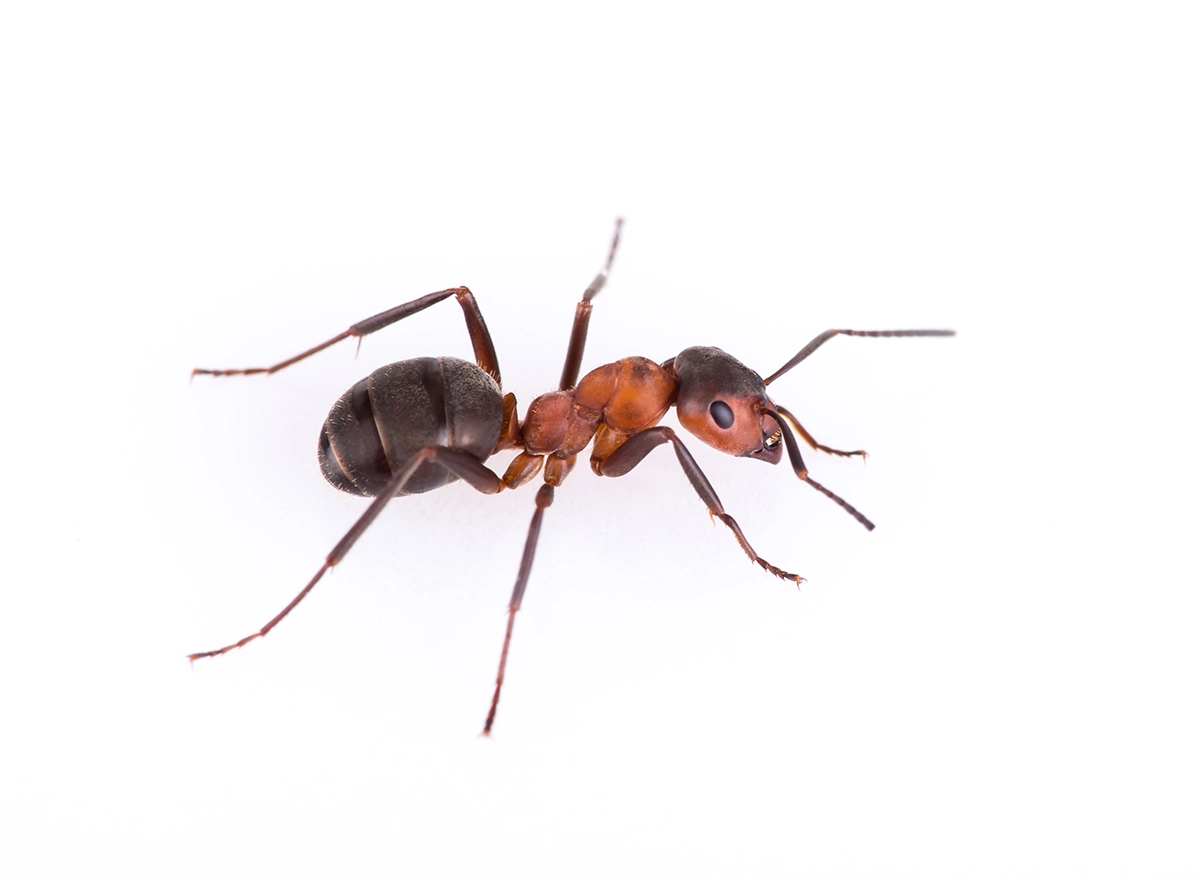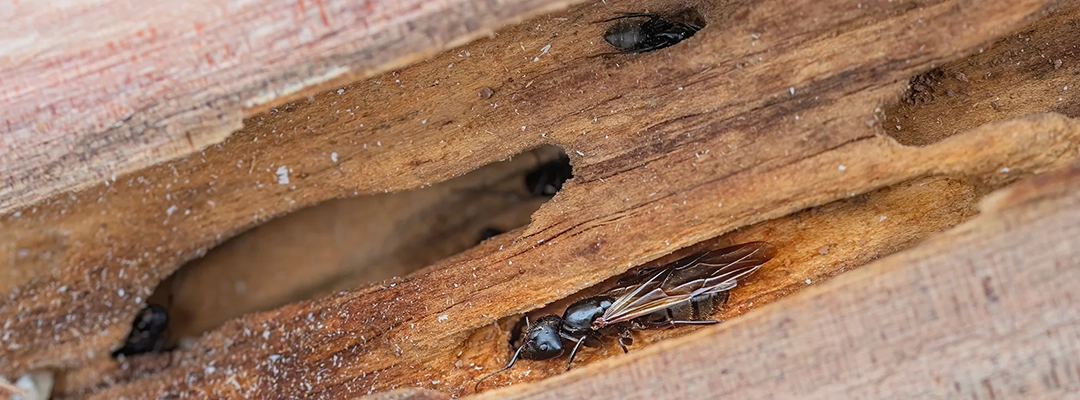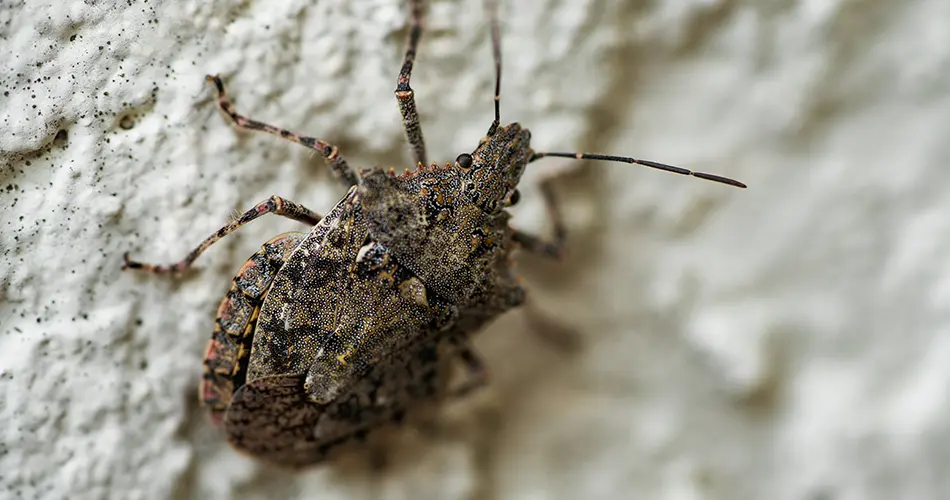Summer in Southeast Alaska brings long days, breathtaking views—and unfortunately, an uptick in pest activity. If you’ve noticed spiders in the shower, ants in the kitchen, or wasps building nests on the porch, you’re not alone. As the temperatures rise, homes across Ketchikan, Juneau, and other parts of Southeast Alaska become targets for some of the season’s most persistent intruders.
At Alaska Pest Management (APM), we specialize in safe, effective treatments to protect your home from the three biggest summer nuisances: ants, spiders, and wasps. Whether you’re dealing with a full-blown infestation or just want to stay ahead of the problem, we’ve got a proven plan designed for Alaska’s unique climate and conditions.
Why Summer Brings More Bugs in Southeast Alaska
Southeast Alaska’s temperate rainforests, high humidity, and mild summer temps create the perfect storm for pest activity. Unlike drier areas, this region offers:
- Ample moisture that attracts ants and spiders
- Dense vegetation that gives wasps ideal nesting conditions
- Homes with crawlspaces and aging foundations that make easy entry points
1. Ants in the Kitchen: Why They're Here and How APM Stops Them

In Southeast Alaska, common invaders include:
- Carpenter Ants: Large, black ants known for tunneling through damp or decaying wood. They pose a serious structural threat to homes and thrive in Southeast Alaska’s moist environment.
- Moisture Ants: A diverse group that includes species like the New World red-bearded ant and others that nest in soil, wood, or under rocks near homes.
APM’s Ant Control Solution
- Inspection: Find nests, entry points, and leaks
- Non-repellent treatments: Ants unknowingly spread the treatment back to the colony
- Perimeter barrier: A long-lasting exterior line of defense
- Moisture advice: Recommendations to address leaks or rotting wood
2. Spiders in the Shower: Not Just Creepy—A Warning Sign
Spiders often follow moisture and food (other insects). Bathrooms, laundry rooms, and crawlspaces make prime habitats.
Common species include:
- House Spiders
- Orb Weavers
- Jumping Spiders
APM’s Spider Control Plan
- Targeted spray treatments – Protects your home, tough on spiders
- De-webbing – Eliminate webs to reduce recurrence
- Source control – Eliminate other pests that spiders feed on
- Crawlspace and attic inspection – Common hiding places are not ignored
3. Wasps on the Porch: A Summer Safety Risk

Wasps can be aggressive and dangerous—especially for people with allergies.
Types you might encounter:
- Yellowjackets: Aggressive and territorial, yellowjackets are easily identified by their bold black-and-yellow coloring and rapid, buzzing flight. They often build nests underground, in wall voids, or inside eaves. These wasps are particularly defensive of their nests and can sting multiple times, making them a safety concern—especially for people with allergies.
- Paper Wasps: More slender than yellowjackets, paper wasps have a narrow waist and longer legs that dangle in flight. They construct open, umbrella-shaped nests from chewed wood fibers—often under eaves, railings, or porch ceilings. While less aggressive than yellowjackets, paper wasps will still sting if threatened or disturbed.
APM’s Wasp Removal Process
- Nest removal – Handled safely with specialized tools
- Preventive deterrents – Treatments to discourage future nests
- Ongoing support – Follow-ups included in seasonal plans
- Client education – Tips to minimize outdoor attractants like food or water
The Full APM Summer Defense Plan
APM uses a multi-step pest control model:
Survey → Shield → Strengthen → Monitor → Document → Stay Connected
What’s included:
- Full-property inspection
- Ant, spider, and wasp-specific treatments
- Barrier protection
- Ongoing monitoring
- Proven solutions tailored to Southeast Alaska homes
Don’t Wait Until You’re Bit or Stung
Pests won’t wait until you’re ready. Summer infestations escalate fast, and the sooner you act, the easier they are to stop. Whether you’ve already seen spiders, ants, or wasps—or want to stay ahead of them—Alaska Pest Management has the fix.








